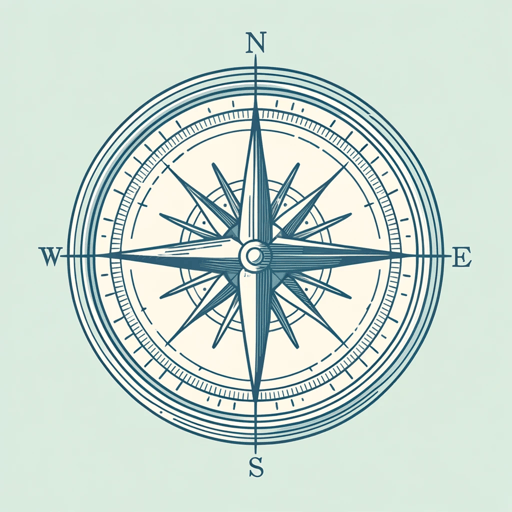58 pages • 1 hour read
Niall FergusonCivilization: The West and the Rest
Nonfiction | Book | Adult | Published in 2011A modern alternative to SparkNotes and CliffsNotes, SuperSummary offers high-quality Study Guides with detailed chapter summaries and analysis of major themes, characters, and more.
Summary and Study Guide
Overview
Niall Ferguson’s Civilization: The West and The Rest (2011) is a study of the rise of Western civilization starting from the early 1500s. Ferguson posits that “the West” came to dominate the globe politically, economically, and culturally through what he calls “killer apps” (applications) akin to digital apps on one’s smartphone. These apps are domestic and external competition, modern science and medicine, property rights backed by the rule of law and other institutions, and work ethic. These features gave Western Europe and, later, the United States, an edge over “the Rest” propelling it forward during the Age of Discovery and Conquest and the Industrial Revolution. Throughout the text, Ferguson examines the role that so-called Western values have played in progress and posits that moving away from those values will lead to the West’s decline.
Ferguson generally portrays European empires as positive enterprises that benefitted both the colonizers and the colonized, presenting the values of empire as a given and downplaying its negative consequences. As such, readers may consider some of the assertions the author makes in Civilization to be controversial or biased.
Summary
Ferguson begins by exploring the concept of civilization by reviewing a variety of historical definitions and different frameworks such as those of political scientist Samuel Huntington. Ultimately, how Ferguson defines the West is derived from a combination of these concepts and his own “killer apps.” Ferguson’s idea of the West geographically comprises Western Europe and post-colonization North America. However, his “killer apps” are universal ideas (e.g., property rights) that are also found outside these geographical areas.
The book features six chapters dedicated to six respective features—”killer apps”—responsible for the West’s perceived dominance since the 16th century. Each chapter examines a particular set of challenges that the West resolved or in which the West came out on top. In the first two chapters about competition and science, the author pursues a comparative study of Europe and two other civilizations, China and the Ottoman Empire, respectively. In the third chapter on property rights and rule of law, Ferguson examines the British and Spanish colonization of North and South America and the differences between them. The chapter dedicated to medicine represents a complex study of colonialism in Africa. On the one hand, the colonizers pursued the eradication of deadly diseases. On the other, they committed atrocities against Indigenous populations, including genocide and forced labor. The fifth chapter examines the spread of consumerism in the wake of the Industrial Revolution demonstrating the author’s belief in the superiority of capitalism over socialism. The final “killer app” is the work ethic linked to education.
Related Titles
By Niall Ferguson


